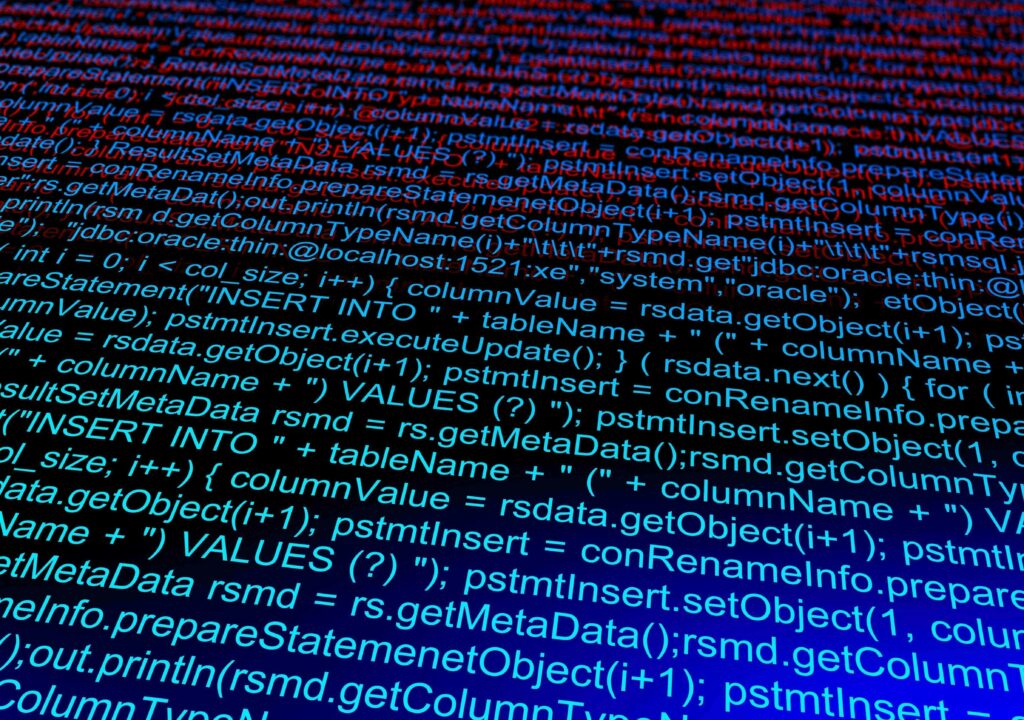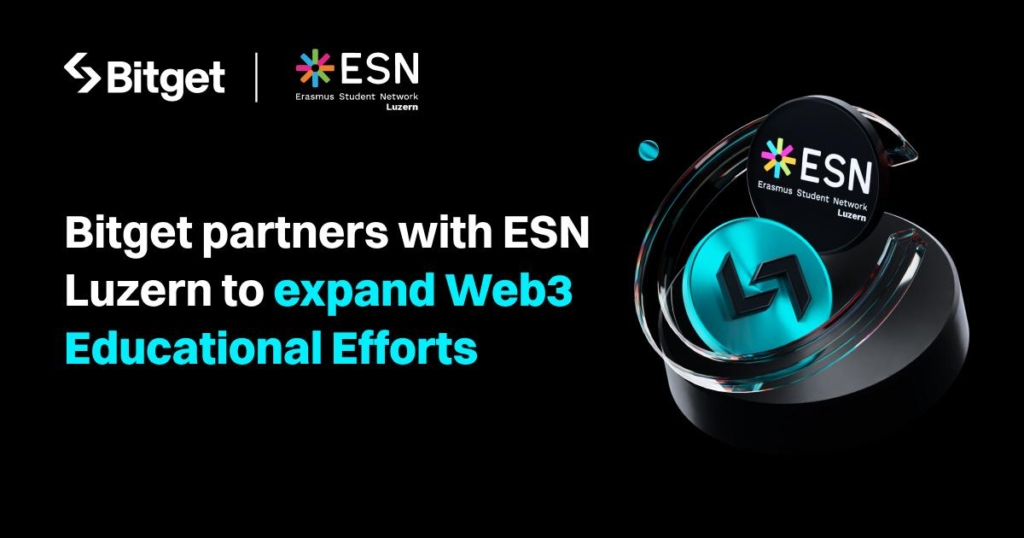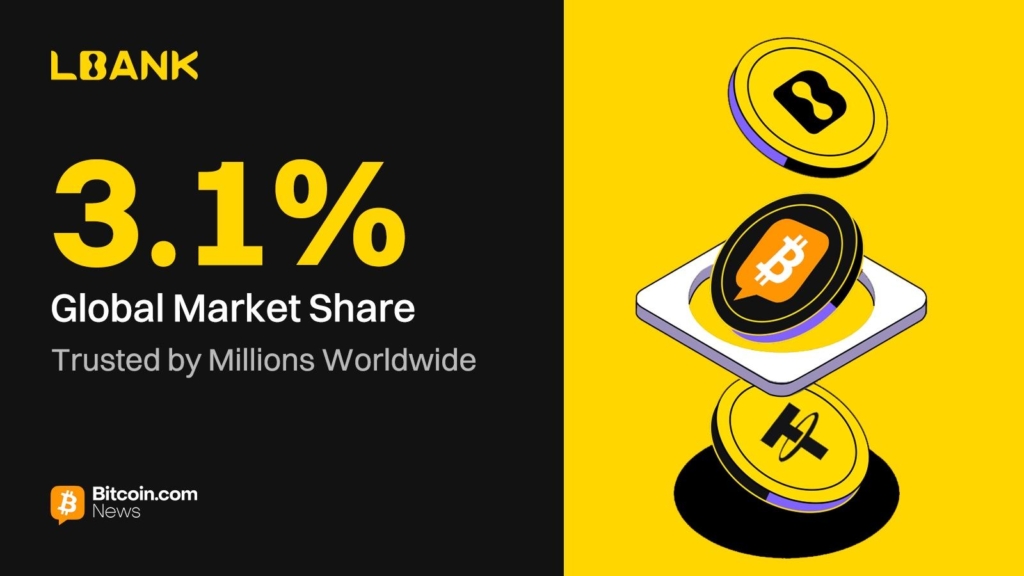zkSNARKs (Zero-Knowledge Succinct Non-Interactive Argument of Knowledge) is a protocol that allows one party (the prover) to prove to another party (the verifier) that they possess certain information, without revealing what that information is.
This is done through the use of a proof, which is a small amount of data that can be generated by the prover and verified by the verifier using a publicly available verification key.
Here’s an example of how zkSNARKs might be used:
Alice wants to prove to Bob that she knows the secret password to a certain system, without actually revealing the password to Bob. Alice and Bob agree to use a zkSNARK to do this.
First, Alice generates a proof of her knowledge of the password by applying a series of mathematical operations to the password and some other data. This proof is small enough that Alice can easily send it to Bob over the internet.
Next, Bob receives the proof and uses the publicly available verification key to verify that it is a valid proof of Alice’s knowledge of the password.
Because the verification key is publicly available, anyone can use it to verify the proof. However, because the proof does not reveal the actual password, only Alice knows what the password is.
In this way, zkSNARKs allow one party to prove possession of certain information to another party, without revealing the actual information itself.
They are used in a variety of applications, including privacy-preserving transactions on public blockchains and the verification of computations without revealing the input data.



